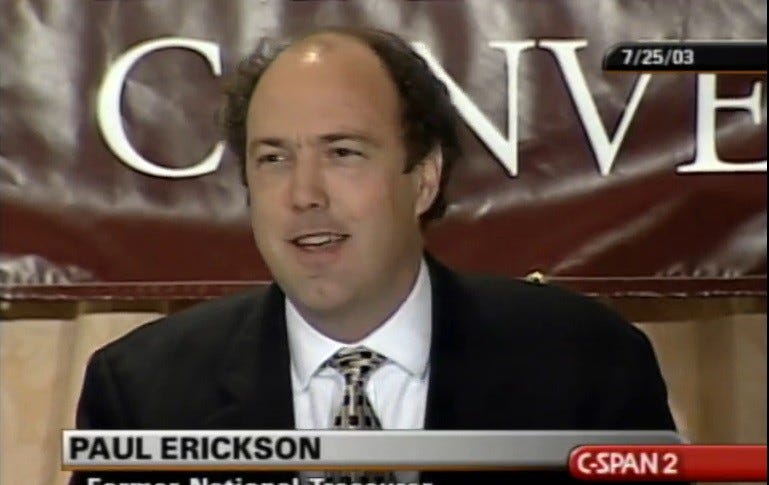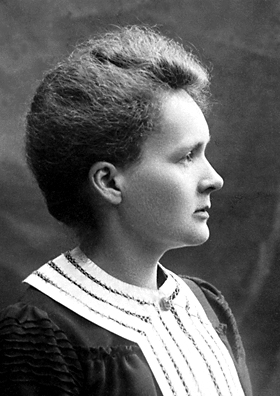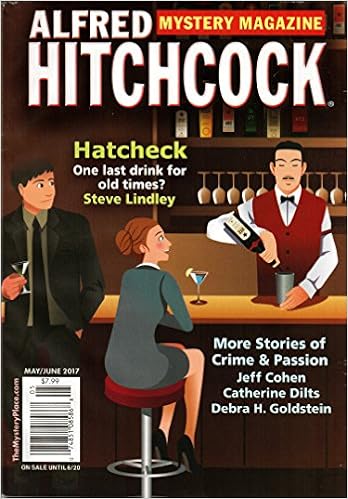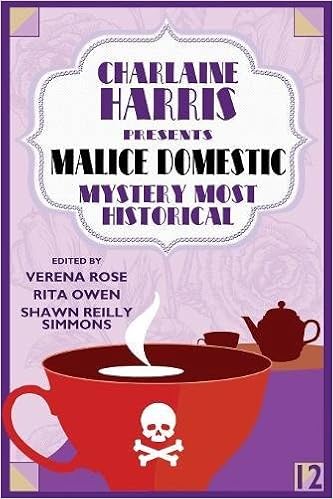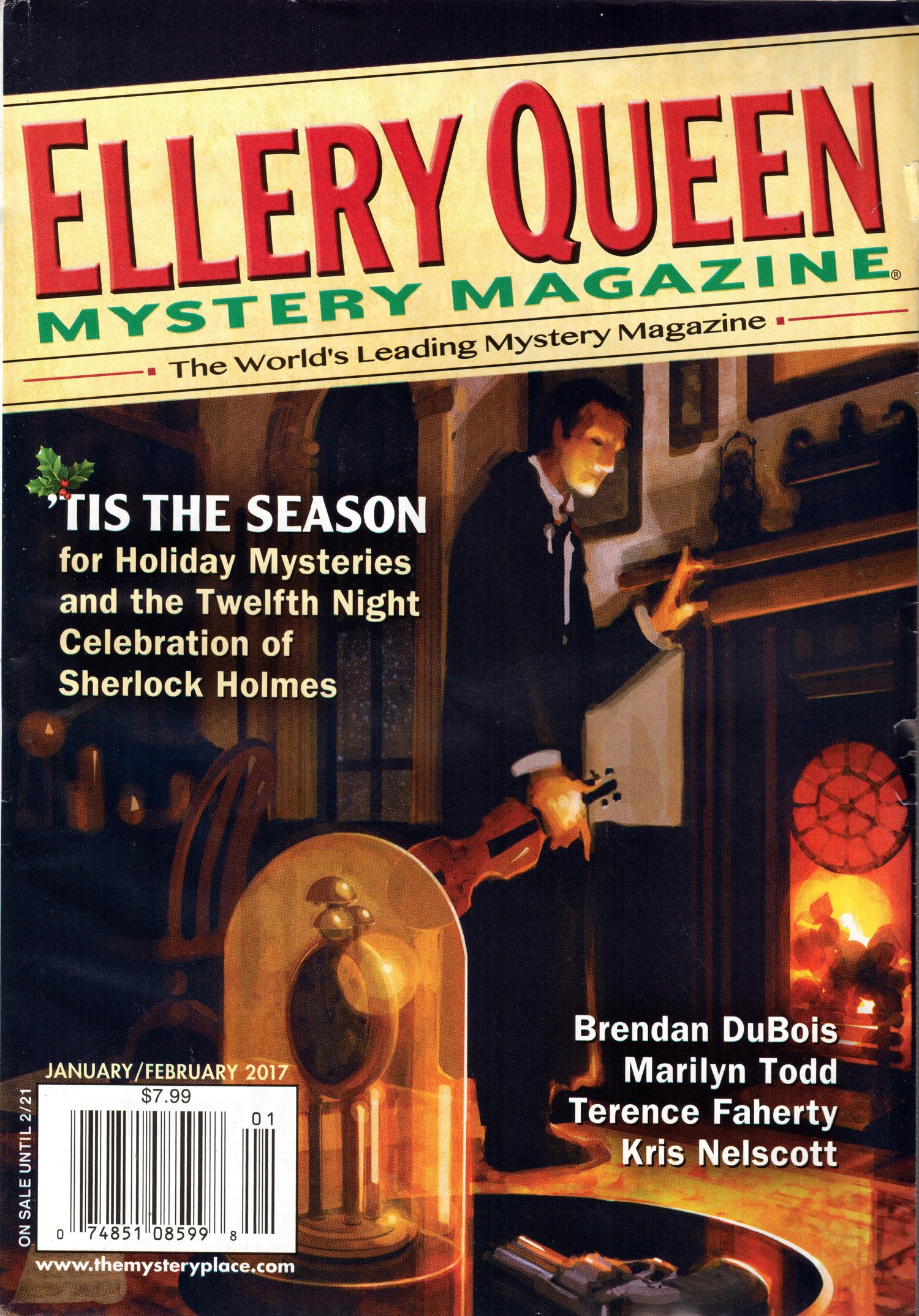 There is apparently a movement now to declare "said" an obsolete word. Its proponents insist that the word is unemotional, boring, and unsophisticated, and that there are many better words we can substitute. The movement's loudest cheerleader, I've heard, is a California middle-school teacher who published a successful book on the subject, and a lot of other educators and writers have climbed onto that bandwagon. One article suggested replacing "said" with "more colorful words like barked, howled, demanded, cackled, snarled, professed, argued, cautioned, remarked, or cried."
There is apparently a movement now to declare "said" an obsolete word. Its proponents insist that the word is unemotional, boring, and unsophisticated, and that there are many better words we can substitute. The movement's loudest cheerleader, I've heard, is a California middle-school teacher who published a successful book on the subject, and a lot of other educators and writers have climbed onto that bandwagon. One article suggested replacing "said" with "more colorful words like barked, howled, demanded, cackled, snarled, professed, argued, cautioned, remarked, or cried."Besides Dutch Leonard (I really miss him, by the way), there are other prominent writers who seem/seemed to prefer the word "said" over its synonyms: Larry McMurtry, Ed McBain, Robert B. Parker, Ernest Hemingway, Lee Child, Joe R. Lansdale, Janet Evanovich, Dennis Lehane, Raymond Chandler, Martin Cruz Smith, Stephen King, William Goldman, and John Sanford, to name a few.
I've rounded up several quotes on this issue of "said" avoidance:
 ". . . Don't tell me your character 'excaimed,' 'stated,' or 'replied.' When in doubt, just use 'said.' That's all. Maybe they 'answered.' They certainly did not 'retort.' You can use 'said' more often than you think . . . it's one of those words that takes a while before it starts sounding repetitive."
". . . Don't tell me your character 'excaimed,' 'stated,' or 'replied.' When in doubt, just use 'said.' That's all. Maybe they 'answered.' They certainly did not 'retort.' You can use 'said' more often than you think . . . it's one of those words that takes a while before it starts sounding repetitive."-- Ariel Gore, How to Become a Famous Writer Before You're Dead
"The best form of dialogue attribution is 'said,' as in 'he said, she said, Bill said, Monica said."
-- Stephen King, On Writing
"Mr. [Robert] Ludlum . . . hates the 'he said' locution and avoids it as much as possible. Characters in The Bourne Ultimatum seldom 'say' anything. Instead, they cry, interject, interrupt, muse, state, counter, conclude, mumble, whisper (Mr. Ludlum is great on whispers), intone, roar, exclaim, fume, explode, mutter. There is one especially unforgettable tautology: '"I repeat," repeated Alex.' The book may sell in the billions, but it's still junk."
-- Newgate Callender, in The New York Times Book Review
"Editors and critics often refer to melodramatic dialogue tags as 'said bookisms.' They know that these phrases give our story an amateurish look. Your readers might not know what the darn things are called, but chances are that they'll notice them, too . . . In most cases, the word 'said' would work just fine, and using said bookisms detracts from the dialogue."
-- Ann M. Marble, "'Stop Using Those Said Bookisms,' the Editor Shrieked."
"[Say is] just too simple and clear and straightforward for many people. Why say something when you can declare, assert, expostulate, whine, exclaim, groan, peal, breathe, cry, explain, or asseverate it? I'm all for variety and freshness of expression, but let's not go overboard."
-- Patricia T. O'Conner, Woe Is I
 ". . . Some teachers, teachers who were themselves not writers, used to warn against the monotony of the word 'said.' This was wrong-headed advice."
". . . Some teachers, teachers who were themselves not writers, used to warn against the monotony of the word 'said.' This was wrong-headed advice."-- Rick Demarinis, The Art & Craft of the Short Story
"In journalism circles, said is a virtue--simple, precise, and unadorned--and alternatives to it are considered frilly and silly. You don't have to agree, but be aware that lots of editors hold this view. Choose your alternatives to said with great care."
--June Casagrande, It Was the Best of Sentences, It Was the Worst of Sentences
"We're all in favor of choosing exactly the right verb for the action, but when you're writing speaker attributions the right verb is nearly always 'said.' The reason those well-intentioned attempts at variety don't work is that verbs other than 'said' tend to draw attention away from the dialogue."
--Renni Browne and Dave King, Self-Editing for Fiction Writers
You can tell which side of the argument I'm on, here--I prefer "said," and, if asked, "asked"--but I'm not a sign-waving activist. I tend to throw in some whispers, shouts, and murmurs when I feel like it. And, in all fairness, there are a lot of excellent and successful authors, among them J.K. Rowling, Nicholas Sparks, Salman Rushdie, Nevada Barr, John Irving, Patricia Cornwell, and Jan Karon, who regularly frolic in the synonymial daisies of dialogue attribution and come out smelling just fine. Bottom line is, there'll always be writers who love "said," writers who avoid it like Kryptonite, and writers who lobby for verb diversity. It's just another of those debatable issues of style where some things work for some and not for others.
"The choice is yours," he intoned.




